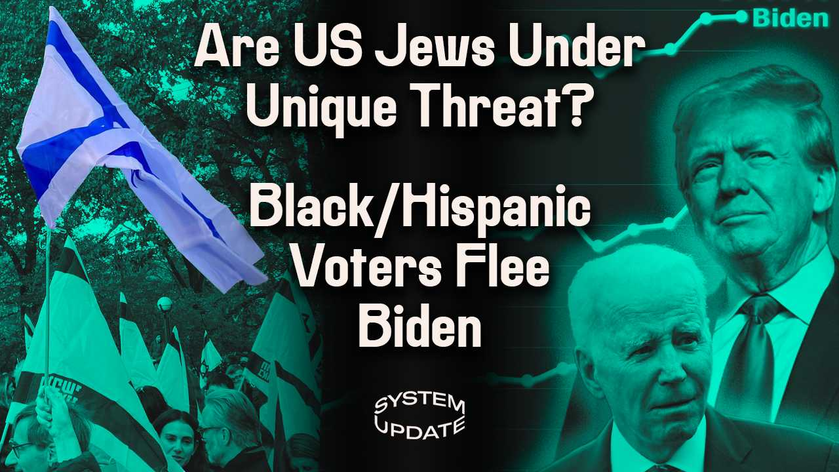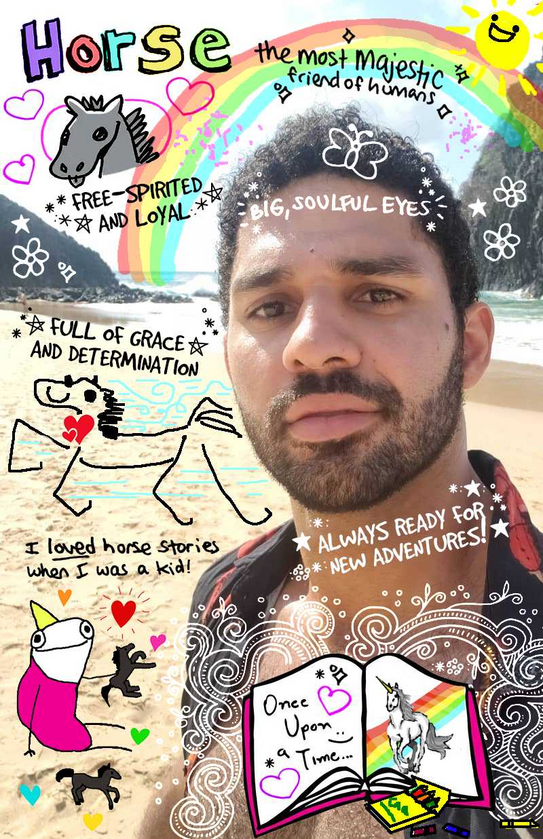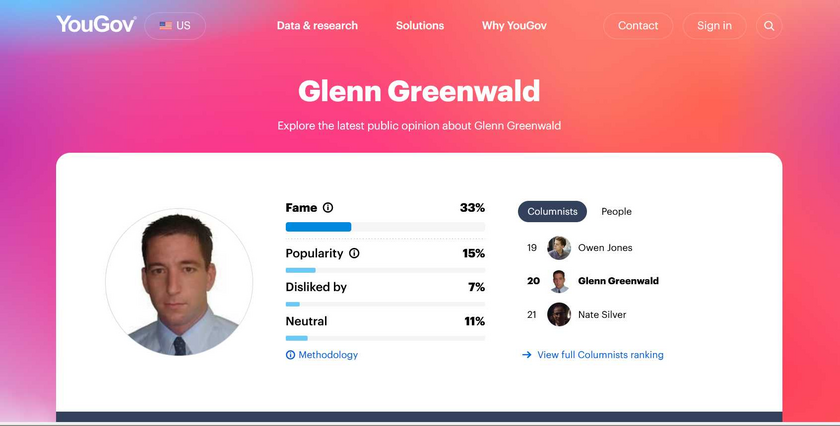Watch the full episode here:

Good evening. It's Monday, November 6.
Tonight: American conservatives have long expressed all kinds of scorn for one thing in particular that is victim narratives, specifically claims by various minority groups that they are unsafe in the United States and that, as a result of the threats and prejudice they face, they need many protections from the law, including censorship of ideas that they find threatening and that make them unsafe to feel protected. Yet over the last month, this narrative stopped being mocked by many conservatives and began being honored, defended and taken gravely seriously. Ever since the narrative of victimhood was made not by black Americans or Latino Americans, LGBTs or immigrants, but instead by American Jews in the wake of the new war between Israel and Gaza,
That American Jews are now a uniquely endangered minority group in America has become gospel in many sectors of American discourse. It is invoked not just as an abstract thought, but for very serious consequences to justify a wide range of measures that the American right has spent years condemning: censorship, cancel culture, campus rules and banning of protests. This claim about the victimhood of American Jews is transforming American political life. That is not an exaggeration. A new Politico article today declares the Israel-Hamas war is redefining the limits of free speech in the United States. A news article from a New Jersey newspaper today reports that Jewish high schools are demanding plans from colleges to keep students safe.
But is all of this true? Are victim narratives offered on behalf of American Jews – that they feel unsafe on campuses, in workplaces and American life generally – more valid, compelling and convincing than similar victimhood narratives offered on behalf of other minority groups? Are special changes required to the law, to our speech laws, to campus rules, to the limits of what can be argued by members of Congress in order to protect them? We'll consider the very serious implications of this debate.
Then: There is, yet again, serious confusion in American political discourse about the scope of free speech in the United States. Newfound censorship advocates in the wake of the Israel-Gaza war have argued that certain views being expressed on campuses and at protests are not really protected free speech and therefore can be legally censored because these views are hateful, because they call for violence and because they are likely to incite violence against a vulnerable minority group. Those are the traditional left-liberal theories for why censorship of right-wing speech is justified. But is it valid in this case, or does it represent a radical distortion of the scope of free speech as protected by the First Amendment? We'll examine the relevant free speech precedents from the Supreme Court to once again emphasize how broad America's free speech rights are and how important it is that they remain broad.
And then, finally, a new poll from The New York Times has extremely bad news for Joe Biden and the Democrats, including a finding that Donald Trump leads Joe Biden by a significant margin in five out of the six key swing states that Biden was declared the winner of in 2020. But even more alarming, from the Democratic Party perspective, black and Latino voters are abandoning Biden and the Democrats in record numbers. We'll examine why this is and what this means.
For now, welcome to a new episode of System Update starting right now.

























